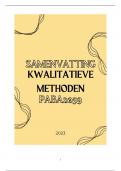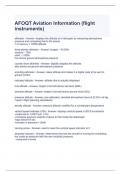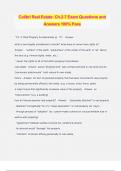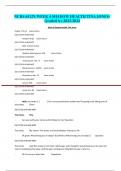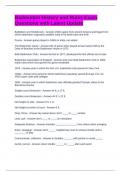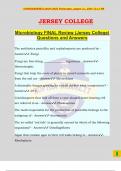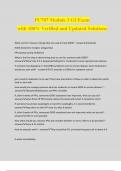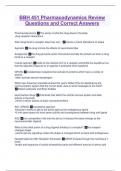Summary
Samenvatting Kwalitatieve Methoden in de sociale wetenschappen, 2023
- Course
- Institution
- Book
In dit document vind je een samenvatting van het hele boek "An introduction to qualitative research" van Uwe Flick (6e editie). De samenvatting is in 2023 gemaakt voor het vak "Kwalitatieve methoden in de sociale wetenschappen" van de bachelor Pedagogische wetenschappen.
[Show more]
